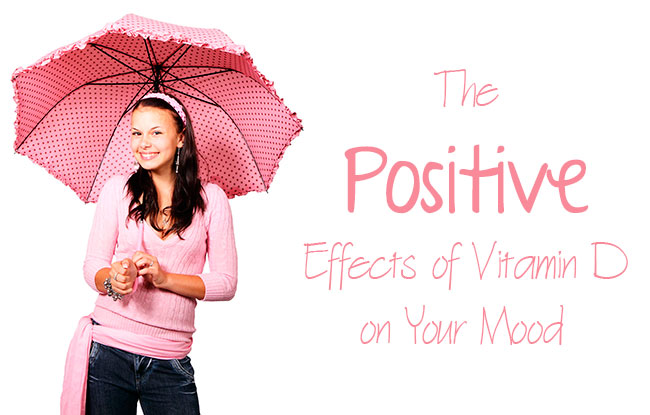Many studies have been done on the link between Vitamin D and depression. During the winter months the sun’s rays are weaker and can be often covered by clouds. This caused scientists to believe that it was the absence of light that caused depression. In a way they were right. The sun’s rays trigger our body to produce vitamin D.

When the sun isn’t strong, we don’t get enough exposure. Worse, when its cold outside we tend to go out covered up – if we go out at all. That means no sun and no vitamin D. The result is an effect on mood and overall health.
So what’s a person to do when the sun isn’t shining and its thirty degrees outside? The answer is two-fold. Eat foods that are high in vitamin D and take a supplement.
These foods are high in vitamin D compared to other foods:
- Fish like salmon and mackerel (note that when you eat the soft bones of fish like salmon you get more vitamin D)
- Soymilk
- Fortified cow’s milk
- Shrimp and shellfish
- Fortified breakfast cereals
- Mushrooms
- There’s also a little vitamin D in potatoes
You’ll notice that vitamin D really isn’t present in many foods. Additionally, you’d have to eat a lot of fish and drink a lot of fortified milk to get enough. The RDA is between 200 and 600 IUs depending on age. Supplementation is therefore the most logical answer during the winter months.
Most multivitamins do NOT contain enough vitamin D. Check your label to make sure you’re getting at least 200 IUs or 5-15 mcg of vitamin D in your multivitamin. You can buy vitamin D supplements in your supermarket. Consider, if you’re also not getting enough calcium, buying a combination vitamin D and calcium supplement. That way you’re making sure you get plenty of both.
Start taking Vitamin D right now. Don’t wait until you feel poorly or depressed. Take a vitamin D supplement. Get sun exposure when it’s possible and safe to do so. And eat foods that contain vitamin D. Getting enough vitamin D is a sure way to reduce winter depression. You may even prevent it altogether.





Leave a Reply